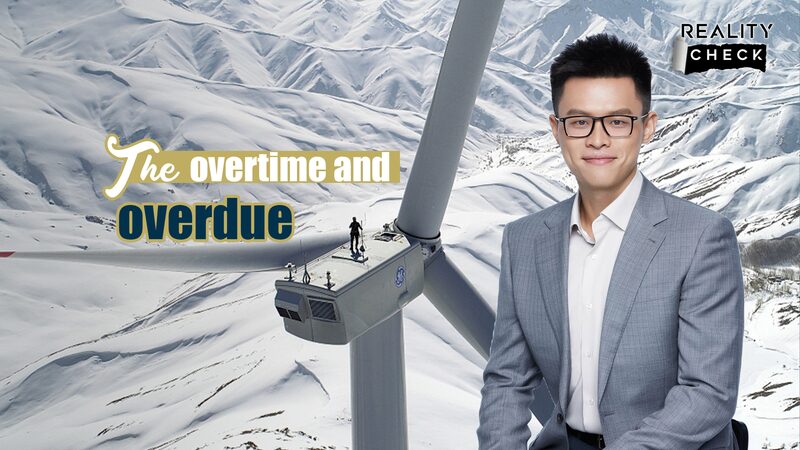On December 13, COP28 ended with a historic agreement as nearly 200 countries committed to transitioning away from fossil fuels. While the stronger demand to \"phase out\" fossil fuels was ultimately dropped, this milestone marks a significant advancement in the global fight against climate change. 🌱
The agreement emphasizes the need for the transition to be \"just, orderly, and equitable,\" highlighting the importance of supporting developing countries. Many of these nations rely heavily on fossil fuels for economic growth, and balancing climate action with development is crucial.
The principle of \"common but differentiated responsibilities\" underscores that fossil-fuel producers and consumers must reduce their emissions to help the planet. Developed countries, which have historically contributed the most to carbon emissions, are expected to take a larger share of the burden. From 1850 to 2011, developed nations were responsible for 79% of carbon emissions, with the United States alone accounting for 20% by 2021. Despite their significant impact, real actions from these countries have been limited.
Jeffrey Sachs, a professor at Columbia University, pointed out the influence of oil, coal, and gas lobbies in the United States, hindering clear public policies on climate action. Meanwhile, Gaston Browne, Prime Minister of Antigua and Barbuda, criticized the prioritization of profits over people and the planet, stating that oil and gas companies continue to thrive while vulnerable nations struggle.
Financial commitments made by developed countries have also fallen short. In 2009, the promise was to mobilize $100 billion annually by 2020 to support developing nations in reducing emissions and adapting to climate change. By 2020, only $83.3 billion was mobilized, and the actual value delivered was as low as $24.5 billion, leaving many promises broken and trust damaged.
Hindou Oumarou Ibrahim, President of the Association for Indigenous Women and Peoples of Chad, emphasized at COP28 that developed nations must fulfill their financial responsibilities. Mary Robinson, former President of Ireland and Chair of the Elders, echoed the need for trust and the fulfillment of promises to ensure a fair transition.
Transitioning away from fossil fuels is essential, but it must not hinder the right to development for developing countries. Ensuring a "just, orderly, and equitable manner" is vital for maintaining confidence and achieving meaningful progress in the climate campaign. 🌏💬
Reference(s):
cgtn.com





